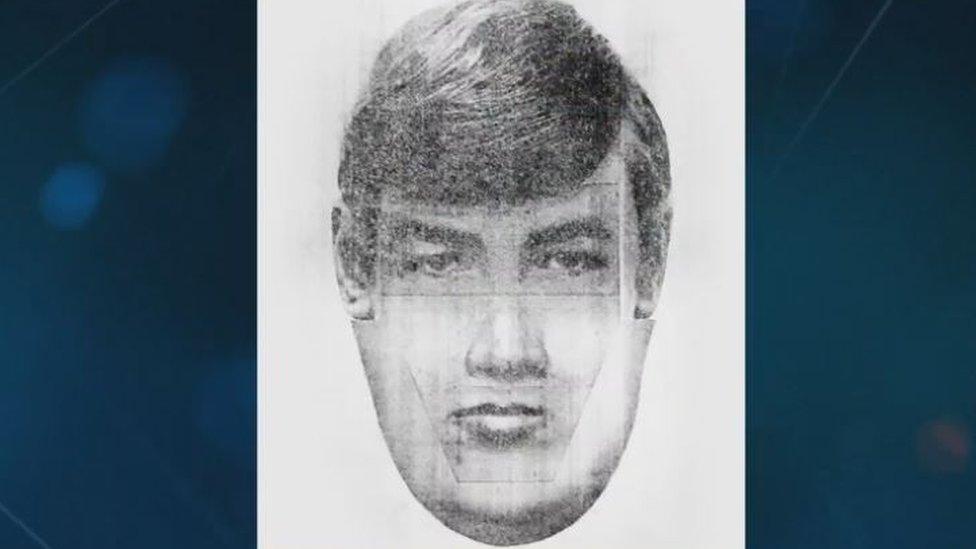'I will never stop hunting for my lost daughter'
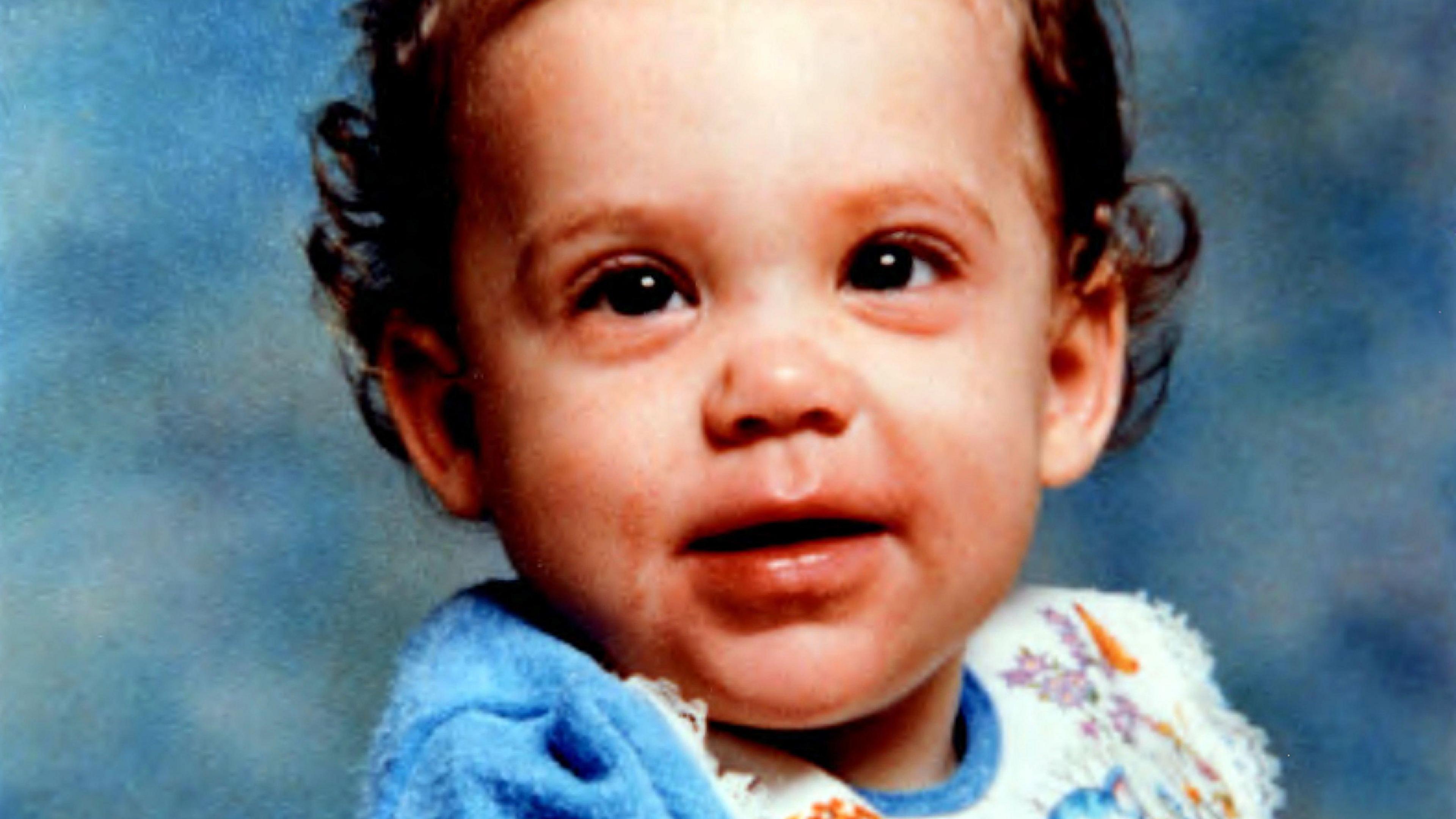
Katrice Lee has been missing since November 1981
- Published
Two-year-old Katrice Lee went missing from a British military supermarket in Germany 43 years ago. Her father has never stopped looking for her.
The feeling of momentarily losing a child in a busy place will be familiar to many families.
For most the horror is thankfully fleeting, but for Richard Lee it has lasted 43 years and counting.
"My whole world fell apart in that one moment," army veteran Richard recalls.
The events of 28 November 1981 having shaped every moment of his life since.
It was the day of Katrice's second birthday and she had been shopping for treats for a tea party in a supermarket near Paderborn.
She briefly became separated from her family and then simply vanished.
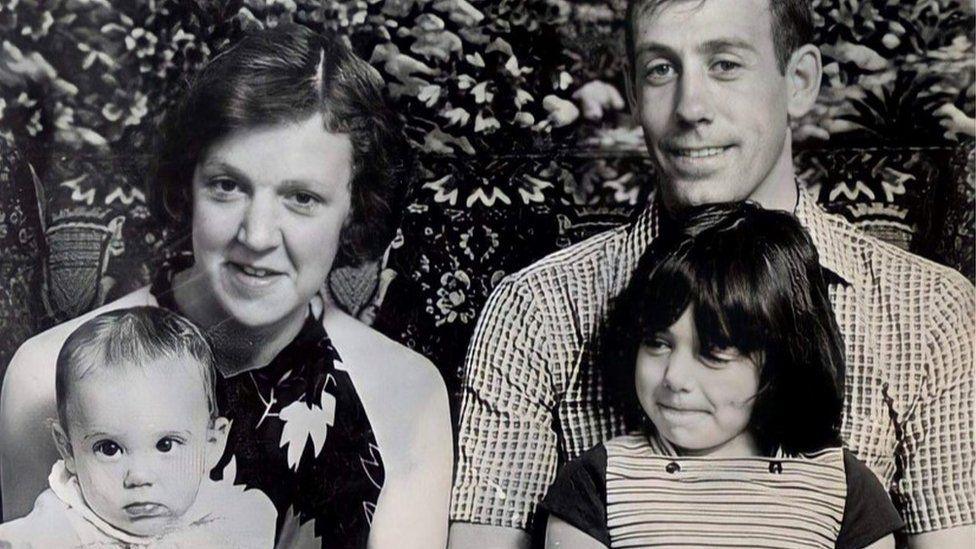
The Lee family were living in Germany when Katrice disappeared
There has been no trace or sighting of Katrice since that day, but her family remain convinced she is still alive.
They believe she was abducted as a surrogate child and was brought up unaware of her true identity.
Richard has travelled from his home in Hartlepool with his other daughter, Natasha, from Gosport, to visit the exact spot Katrice disappeared from to mark her 45th birthday.
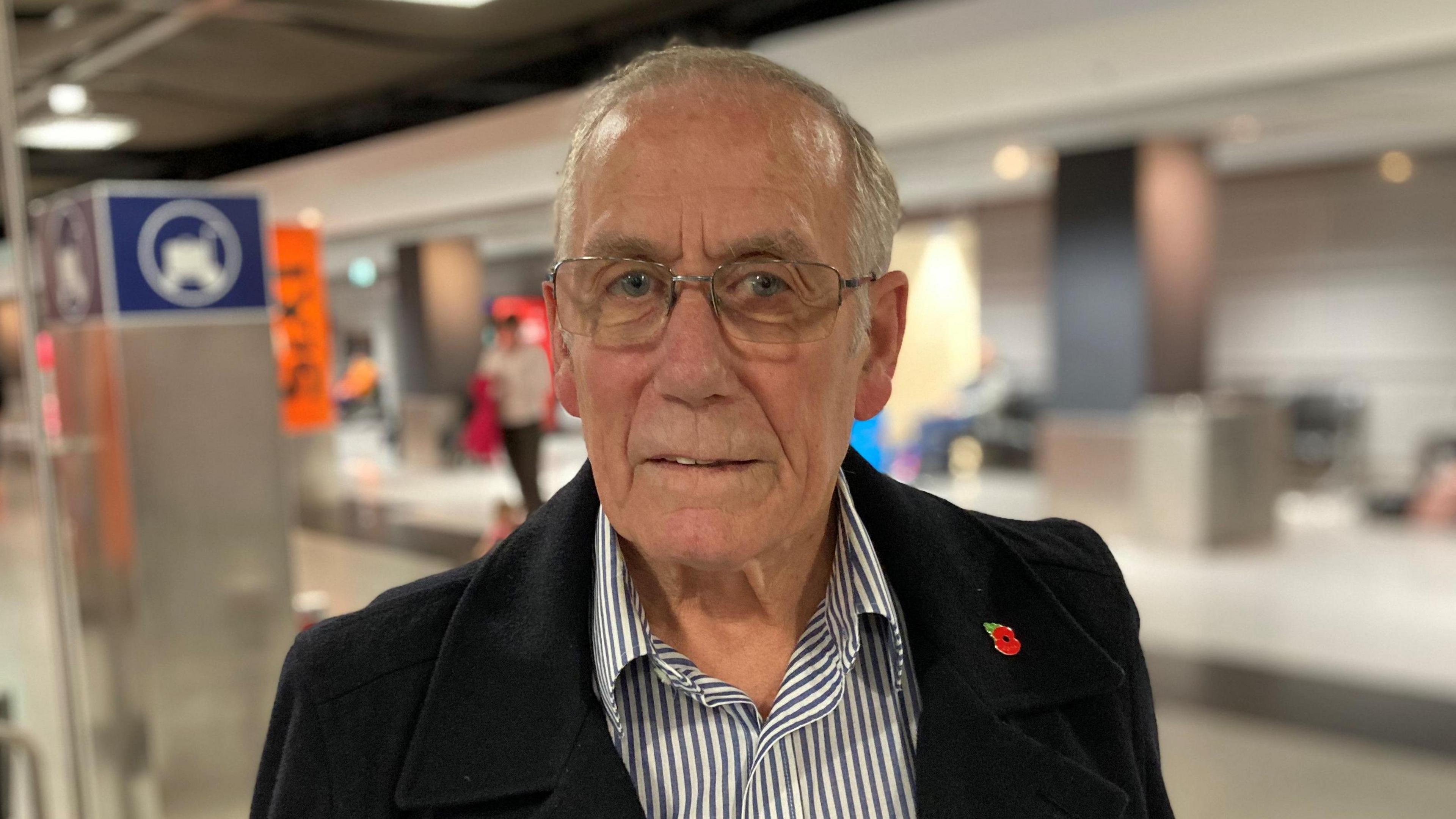
Richard Lee has travelled to Germany for an exhibition about his daughter's disappearance
A photographic exhibition called Missing Katrice is taking place at the site, where the former Navy, Army and Air Force Institutes (NAAFI) supermarket is now an art gallery.
The family hope the exhibition could prompt new information and leads about her disappearance.
"We’ve been failed, abandoned and are now the only ones still searching for our daughter," Richard says.
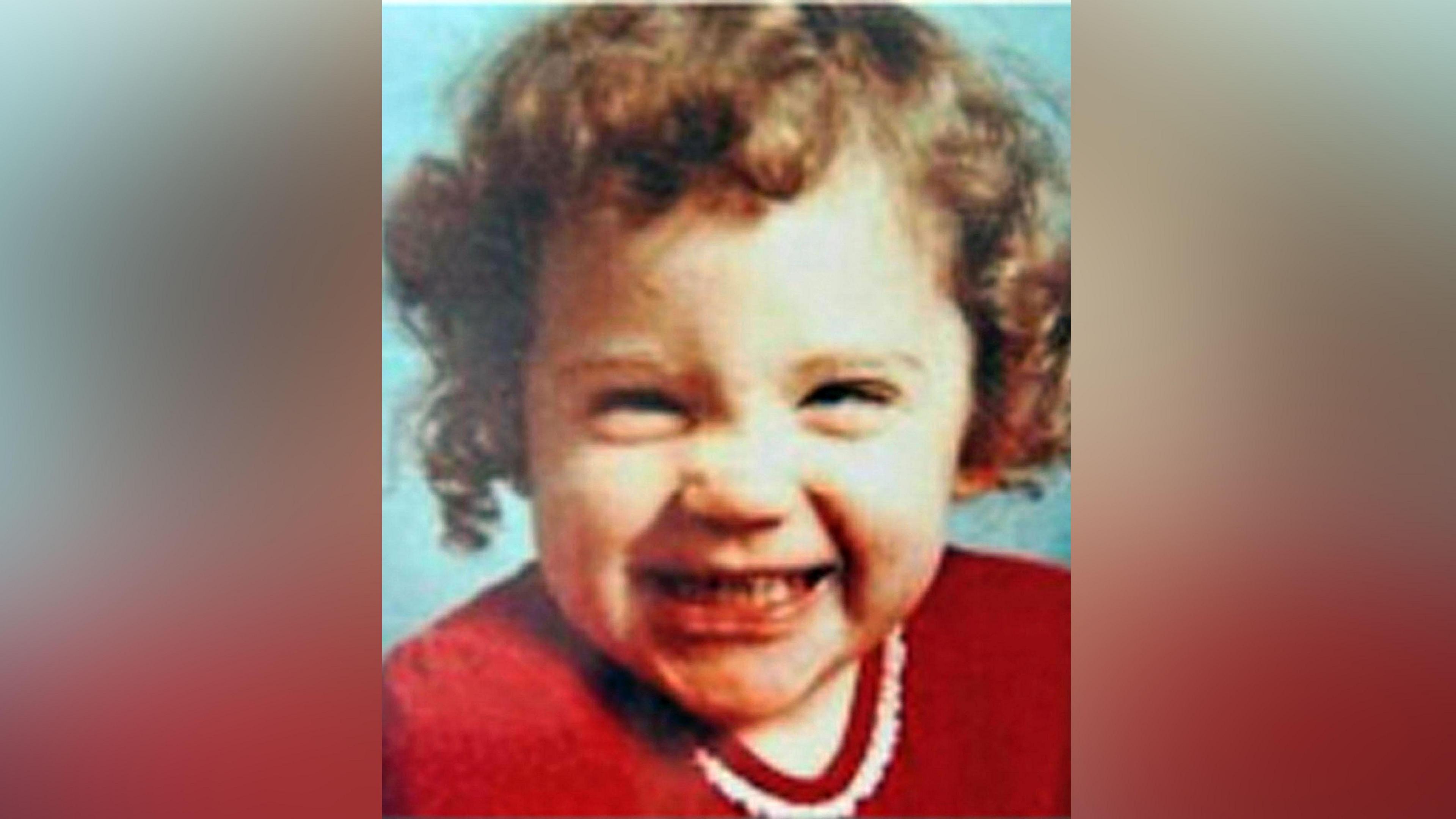
Katrice Lee turns 45 later this month
In 2020 the Royal Military Police made the decision to cease active investigations.
Katrice's family said its original investigation was "botched" from the start, describing its handling of the case as "inadequate and incompetent".
Border staff were not notified of Katrice's disappearance immediately, no road blocks or checks were put in place
Key witnesses were not interviewed for decades and a photofit of a suspect was not released for 36 years.
The Royal Military Police has since admitted failures with its investigation and apologised to the family.
The admissions were of little solace to Richard, who handed back his army medals in protest over the way the case had been handled.

Portraits of the Lee family are used in Stu McKenzie's exhibition in Germany
He and Natasha inspected photographs of themselves in the exhibition, black and white portraits that artist Stu McKenzie says explore the profound emotions of Katrice's case.
He says the exhibition aims to offer insight "into the deep loss, ongoing trauma and the unyielding hope that continues to shape the family's search for answers".
The family hope this exhibition will reignite the search for Katrice, raise awareness locally and nationally that she is still missing.
They feel they are on their own though.
The Royal Military Police was sent a VIP invite, but no official is expected to attend.
There will be no politicians, police officers or army officials.
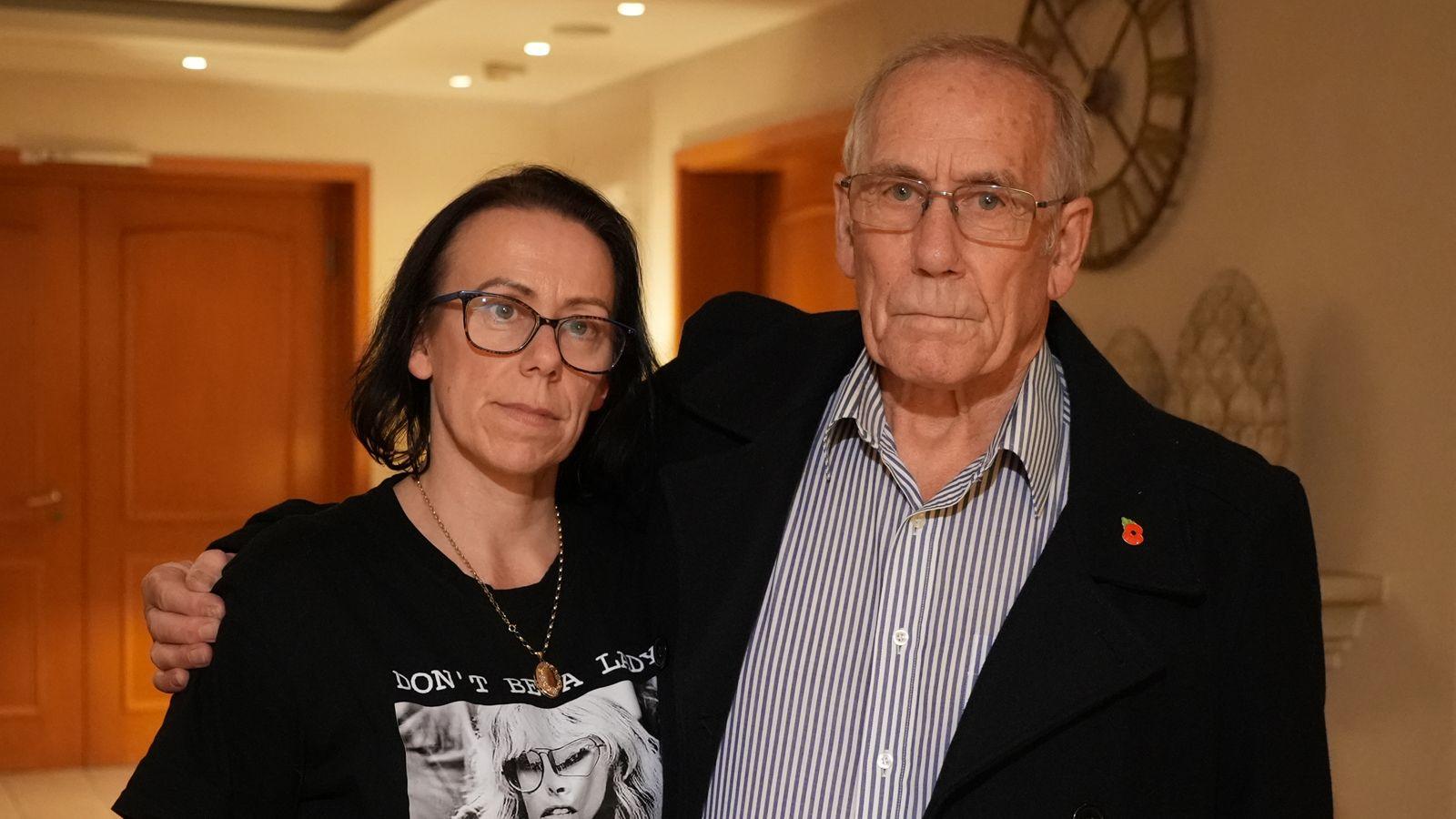
Natasha and Richard have returned to the exact site of Katrice's abduction
The Ministry of Defence said its "thoughts and sympathies" remained with Katrice's family.
A spokesman said the Defence Serious Crime Unit had "assumed primacy of the investigation" and it would be "inappropriate" to comment on previous investigations.
Richard will turn 75 later this month and says this could be his last visit to the scene.
Though he may never come here again, he will never stop fighting to find his daughter.
"Every morning when I get up, Katrice is the first thing on my mind and the last when I go to bed," he says, adding: "I will never ever give up.
"As a family we have one aim in our life and that is to find Katrice."
Follow BBC Tees on X,, external Facebook, external, Nextdoor and Instagram, external. Send your story ideas to northeastandcumbria@bbc.co.uk.
- Published14 April 2024
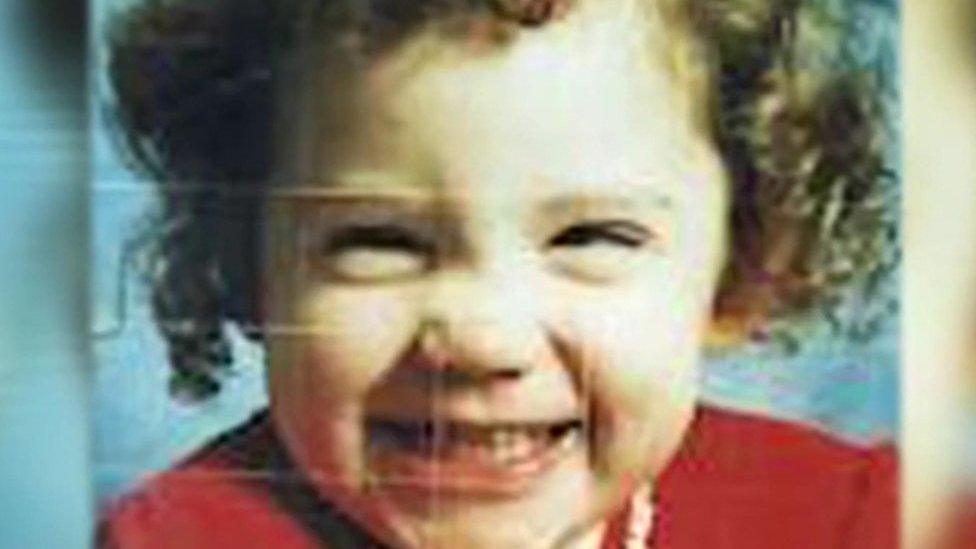
- Published28 November 2021
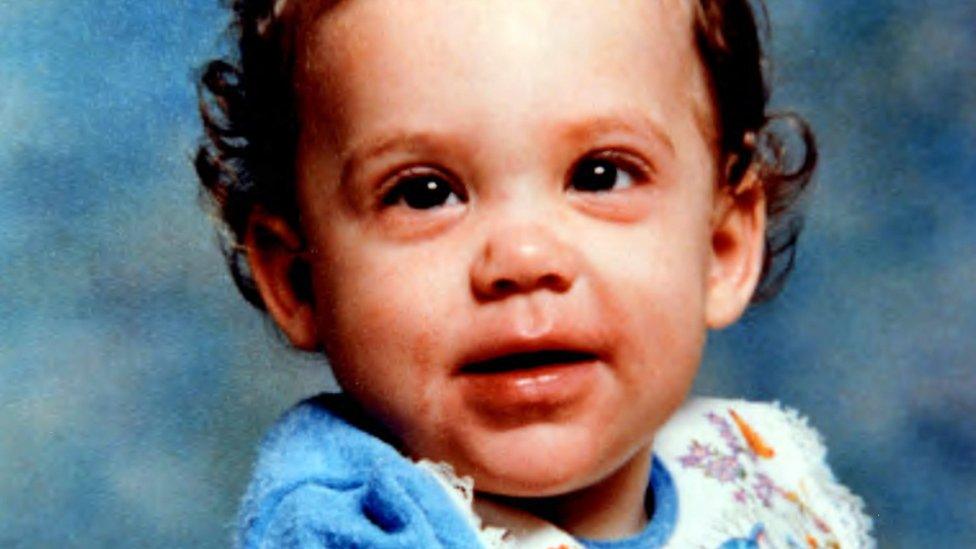
- Published2 March 2017
